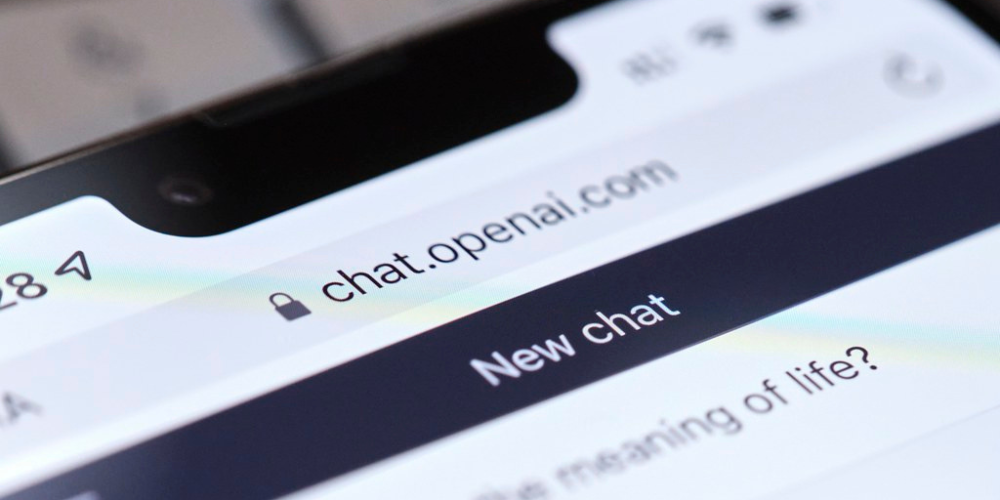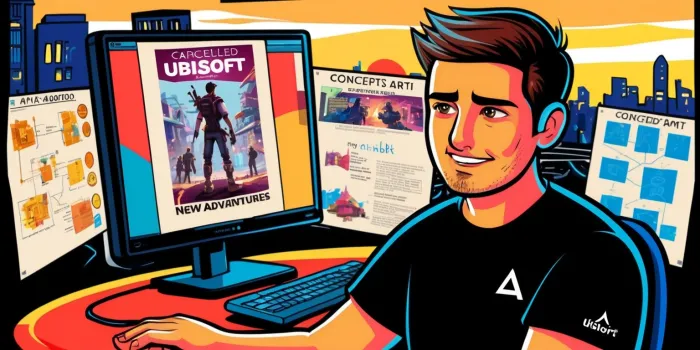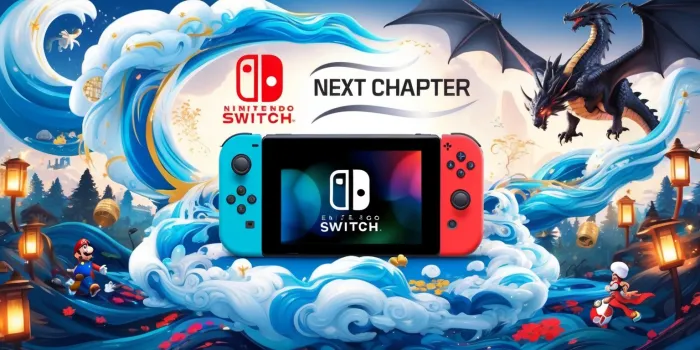 2024-04-02 09:30:00
2024-04-02 09:30:00 ChatGPT Breaks Barriers: A New Era of Open Access AI
In a significant leap toward widening the accessibility of artificial intelligence, OpenAI has initiated a groundbreaking change that marks a new era in the use of AI-powered chatbots. The journey of AI from a complex, account-bound structure to a more open, freely accessible model heralds a shift that promises to demystify AI’s perceived complexities and unfold its benefits to a broader audience. This article delves into the essence of this transformation, spotlighting ChatGPT's latest update, and explores the implications of OpenAI's decision on the future usage of AI technologies.
OpenAI recently announced a pivotal change in how users interact with ChatGPT, their flagship AI chatbot, which has taken the digital world by storm. Unlike before, where users were required to undergo the rigorous process of account creation to dip their toes into the conversational marvels of ChatGPT, the gates are now wide open. This update erases the barrier of account registration, offering a seamless entry point for millions craving a taste of AI without the upfront commitment. However, it's worth noting that this newfound flexibility is exclusive to ChatGPT, with other OpenAI offerings like DALL-E 3 and the revolutionary Voice Engine still under conventional account-bound access.
The announcement of this change came through a series of communications, including a detailed blog post on OpenAI’s official website and updates on social media platforms. The decision is rooted in the unprecedented popularity that ChatGPT has enjoyed since its inception, becoming a global sensation with over 100 million weekly users from various parts of the world. This massive engagement highlights the transformative potential of AI in everyday life and underscores the public's enthusiasm for accessible, user-friendly AI tools.
This shift towards a more accessible ChatGPT raises intriguing possibilities for the spread and utilization of AI across diverse sectors. From education to business, healthcare to entertainment, the impact of making such a powerful tool readily available cannot be overstated. It opens up a wealth of opportunities for innovation, learning, and development, potentially accelerating the democratization of AI. The decision to keep other products under the account registration umbrella ensures a balanced approach, maintaining a level of control and exclusivity where necessary while broadening the horizons where it counts the most.
In conclusion, OpenAI's decision to remove the account creation requirement for ChatGPT represents a significant step forward in making AI more accessible to the masses. This move not only simplifies the path to engaging with AI but also sets a precedent for the future of AI interaction. As we stand on the brink of this new era, anticipation builds for how this change will mold the global landscape of AI usage, innovation, and appreciation. The journey of ChatGPT, from an account-bound tool to an open-access facilitator, symbolizes the evolving relationship between humans and artificial intelligence, steering us towards a future where AI is not just a tool for the few but a companion for the many.



Leave a comment
Your comment is awaiting moderation. We save your draft here
0 Comments